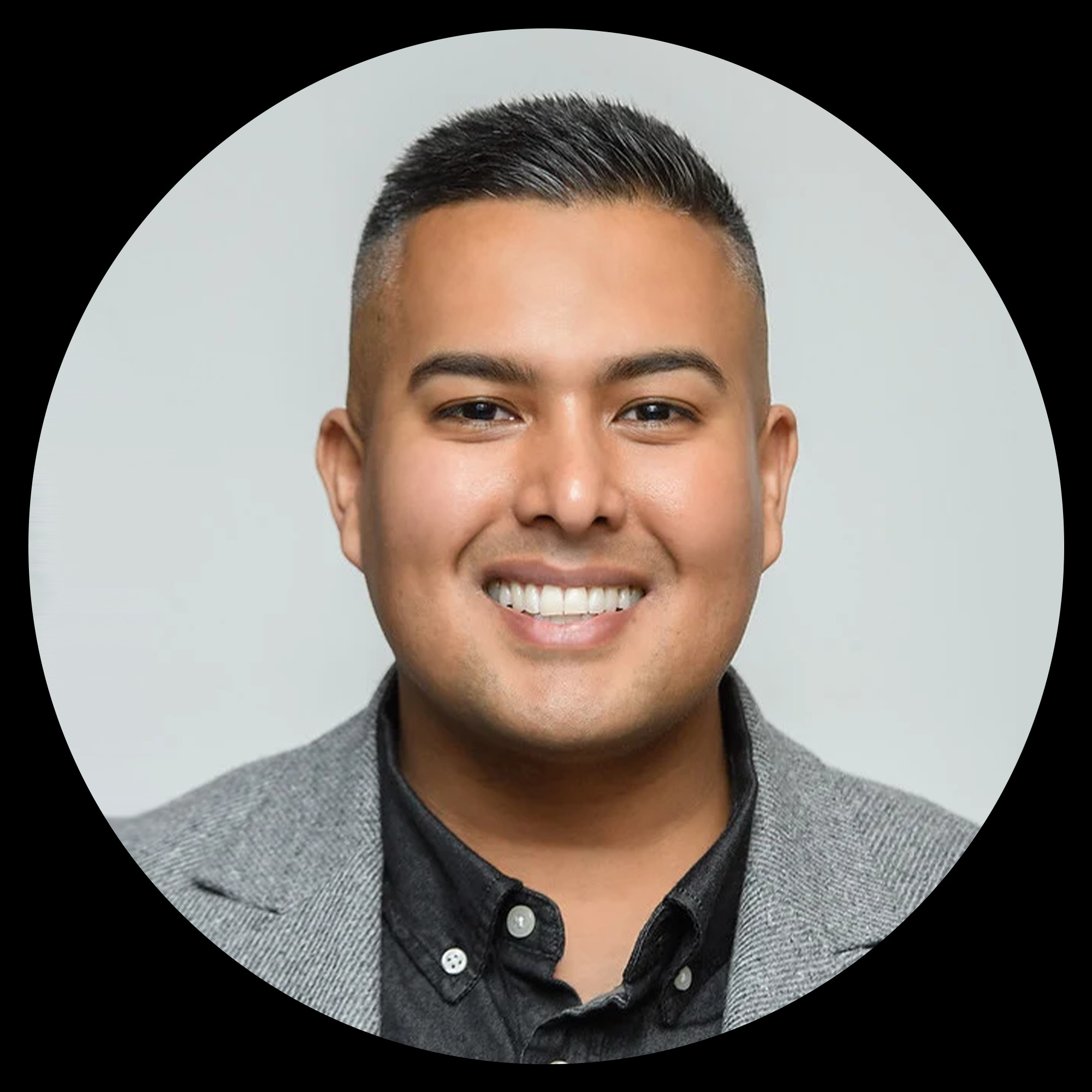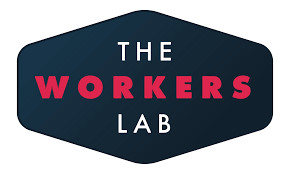Meet Adrian Haro | Chief Executive Officer

We had the good fortune of connecting with Adrian Haro and we’ve shared our conversation below.
Hi Adrian, where are your from? We’d love to hear about how your background has played a role in who you are today?
I grew up in a little town on the eastside of LA called Pico Rivera. And believe me when I tell you it’s the best little town you’ve never heard of or been to.
The city is made up 92% percent of Mexicans. Not Latinos, but Mexicans very specifically. I loved growing up there.
I came up very much in the church. My parents are immigrants who came there from Jalisco and Sonora, Mexico, were (still are) on the ministry board at our church, which was down the street from our house.
Pico Rivera truly used to be a place where Mexicans could come to make their dreams come true in this country. Pico used to build the B-12 bomber . . . Northrop Grumman and Ford used to be based there.
When I was growing up the families there had, in the most beautiful way of course, appropriated what I consider to be the best parts of American culture: Potlucks and little league, barbecues and boy scouts, going on vacation and camping trips and sort of the notion of community service.
And the most beautiful part was that it was a bunch of brown people speaking broken English doing this stuff.
So I learned from all of that, I was raised in it. But boy times have changed. Pico Rivera and our world for that matter are very different places now.
And I’ve been reflecting a lot lately about why. What about the world has made my town a harder place for families to live now?
You know, for most of my childhood, my dad was the manager at a textile company in downtown LA where they cut paper patterns for women’s dresses. This was before everything was done digitally.
He wasn’t always the manager. He started as a sweeper many years prior, which is how he met my mom, who was a seamstress in the same factory.
His manager gig was “good job” for all intents and purposes. He made good money, we had insurance, we could go on vacation once a year.
And then in the early 2000’s, I was in high school, and that factory and my dad’s job were shipped overseas.
And suddenly out of nowhere the life we know was ripped out from under us.
My dad was nearly sixty at the time and had such a terrible time finding work.
Eventually, the only job that would take him was as a janitor in our school district. I watched him take this job so painfully. He had more than a decade being a manager and suddenly was a sweeper again.
You know I think most people consider a janitors job pretty low and dirty. But for us it was more about what that job came with, what it represented in our lives – it came with union membership, health benefits, and a pension. That janitor job saved our lives.
So I tell that story because I think it speaks directly to why I do this work. I’ve experienced the “american dream” and have also experienced having it taken away because of economic forces outside of my control. And I think a lot of Americans feel that way right now.
So we need new ideas about to make sure all workers and their families can be safe, healthy, secure and have power at work and in life in a 21st century economy. The Workers Lab was founded and exists exactly for this purpose.

Can you give our readers an introduction to your business? Maybe you can share a bit about what you do and what sets you apart from others?
Many of the ways we serve and take care of workers in the U.S. are old and exclusive. From our country’s founding, a large number of workers, often based on age, race, ethnicity, nationality, gender, sexuality, and/or disability were intentionally left out of our major federal labor laws, social protections, and programs. As a result, today many of these workers remain excluded from the rights, benefits, and protections afforded by major labor laws and policies in the U.S. This spans everyone from caregivers to agricultural workers, domestic to migrant workers, and most directly impacts people of color, the formerly incarcerated, people with disabilities, and LGBTQ+ people.
That’s why our purpose at The Workers Lab is to give new ideas for and with workers a chance to succeed. We do this by engaging with frontline workers to develop new ideas, new knowledge, and new technology to help us understand how we got here, solve today’s most pressing problems for workers, and carry us into a better, more modern and inclusive future for workers. This kind of worker-centered approach to innovation matters deeply to The Workers Lab. And so does the way we put that approach into practice, which is by inviting, engaging, listening, and even sometimes partnering with a broad array of folks who have a stake in innovation for and with workers, all while staying true to our values about work and workers. This approach has and continues to be the centerpiece to every single thing we have done and continue to do because we believe that any and all innovation for workers should be driven by workers. Period.
We view worker-centered innovation as a critical tool in the enterprise of achieving racial and economic justice in the U.S. To us, innovation isn’t only about addressing the new threats of the 21st century to workers – in AI, in tech, in digital. With the right values, under the right conditions, and by including workers authentically in the process, innovation can very much be a powerful tool to help, lift up, and include all those workers who were left out of the social and policy gains of the 20th century. Our theory is that, at scale, this kind of innovation would make this country one where all the ways it serves workers are modern and inclusive, and where every worker is safe, healthy, secure, and has more power than she does now.
Let’s say your best friend was visiting the area and you wanted to show them the best time ever. Where would you take them? Give us a little itinerary – say it was a week long trip, where would you eat, drink, visit, hang out, etc.
Honestly, I would bring them to Pico Rivera, where I think we have the best food in Los Angeles.
Who else deserves some credit and recognition?
God. More than any person, group, organization, training, or book, my faith has been the key to the resilience I’ve developed over the years to do this work. Our side of the aisle doesn’t talk as much about how faith has long been the foundation for social justice efforts in this country, but it has. My faith has been so instrumental in my development as a person and as a leader. I wouldn’t be here without it.
Website: https://www.theworkerslab.com/about-us
Instagram: https://www.instagram.com/theworkerslab/
Linkedin: https://www.linkedin.com/company/theworkerslab/mycompany/?viewAsMember=true
